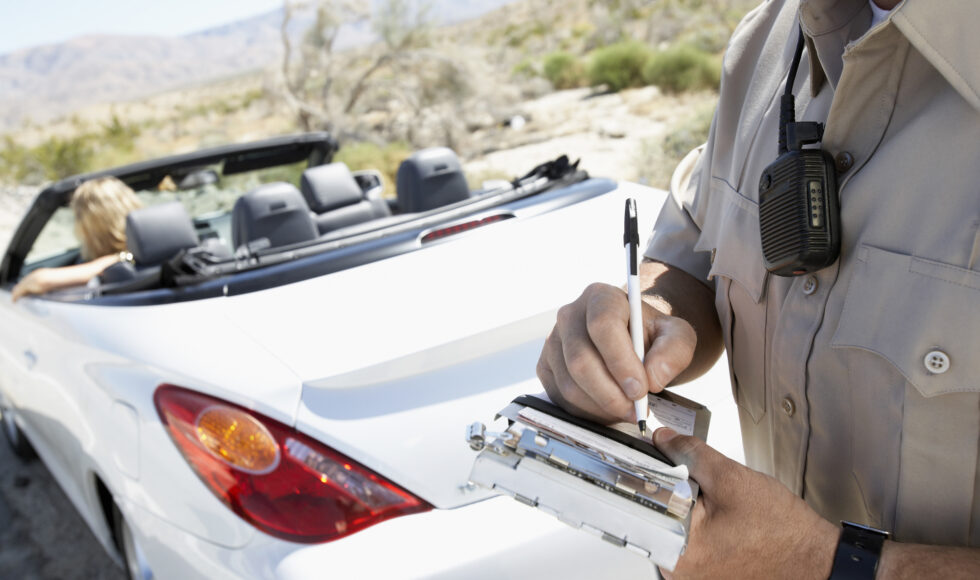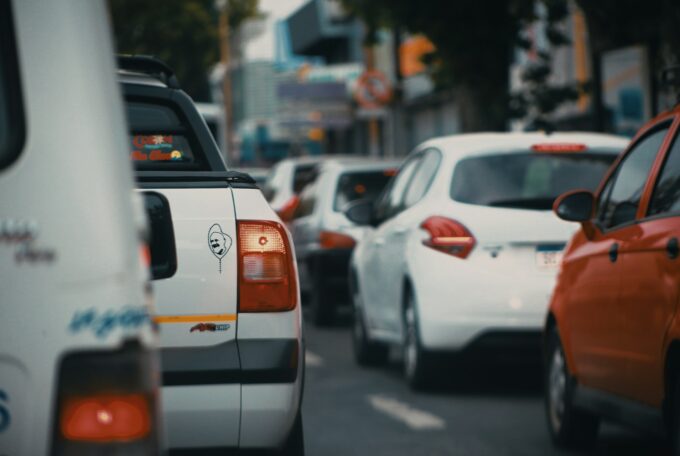Jail for Speeding?
One would think speeding is not a crime because of how often it happens. But the law is the law.
However, it can get serious when people don’t realize that one can go to jail for speeding. Yes, you heard that right. You can go to jail for speeding in Louisiana.
In this article, we will answer the question of “Can you go to jail for speeding?” with a little bit more depth.
So keep reading to learn more, and make sure that you don’t get the bad end of the stick.
What Is Reasonable & Prudent Speed In Louisiana?
First and foremost, let’s take a look at the maximum and minimum speed laws in Louisiana. Without doing so, the rest of the article will not make much sense. For these laws alone can make or break an entire case by the syntax of the wording.
Maximum Speed
No entity shall operate a vehicle at a speed that is greater than reasonable and prudent under the potential hazards and conditions then existing, having due diligence for the traffic on, and the width and surface of, the highway, and the weather conditions.
Minimum Speed
No entity shall operate a vehicle at such slow speeds as to impede upon the reasonable and normal movement of traffic.
An entity operating a vehicle on a multilane highway at speeds that are slower than 10 mph under the posted speed limit must drive in the right-hand lane then available for traffic or as near as possible to the edge of the roadway.
Due to the many differences in calibration for a speedometer, margins of error in detecting technology, and tire size, it’s quite uncommon for officers to pull drivers over for going less than 5 miles over or under the posted limits. But from a technical standpoint, a speed violation would be considered so, the officer has the right to pull you over if he deems necessary.
It might be credibly difficult to fight the speeding ticket in Louisiana because of the absolute speed laws. However, a driver can choose to attend court and claim innocent in some cases.
For instance, the driver can choose to oppose the speed detected. In order to do so, a driver must be aware of how their speed was defined and then attempt to prove the inaccuracy of the device.
Next, the driver can claim that an emergency occurrence has caused them to break the speed limit, as to avoid injury to self and prevent damage to others.
The driver can choose to claim mistaken identity or lack of clear vision. If an officer clocks a completely different speed and then has to find the violator, it is possible that their vision was obstructed by stable objects, moving vehicles, etc.
Broad Speed Law
Furthermore, the basic speeding law in Louisiana prohibits any driving at speeds that are greater than that of reasonable and prudent as mentioned earlier.
In other words, regardless of the limit, a motorist must always attempt to drive at safe speeds. But what is a safe speed?
Well, the safe speed is variable and depends on a variety of specific circumstances. For example, on a certain road, 40 miles per hour might be safe when the conditions are perfect. However, the same speed can be considered dangerous if the road is slippery and there’s excessive rain.
Absolute Specified Speed Limits
As we have mentioned the actual law behind the absolute speed limits, it’s time to provide more substance in the precise enumeration of these limits. An absolute speed limit is exactly what it means, it’s the absolute maximum speed that a driver can make use of on a specific roadway.
A driver who gets caught exceeding this limit does not have any defense based on arguments that the speed was safe and reasonable. The state of Louisiana has maximum limits that define violated driving in excess of:
- 65 mph on multi-lane divided highways that have no control or partial control for access
- 75 mph on controlled-access or interstate highways
In any case, the absolute speed limits are almost always posted throughout the state. However, here are some examples:
- 55 mph on undivided two-lane roads
- 60 mph on freeways and urban interstates
- 65 mp on multi-lane divided highways with no access control or partial control
- 70 mph on posted interstates
- 75 mph along the Interstate 49 for 154 miles
There are specific limits for school and residential zones, and the speeds might be posted with specific hours. And in some cases, there are flashing lights that are active during these hours.
What Is the Penalty for Exceeding Speed Limits In Louisiana? Can You Go to Jail for Speeding?
Once again, the extent to which the penalty is suggested is determined by the past presence of violations, the severity of the violation, and a variety of other factors.
However, a first-time violator can expect to be fined up to $175, and an additional $5 for the Traumatic Head and Spinal Cord Injury Trust Fund.
Also, they can have their license suspended for up to an entire year. However, can you go to jail for speeding?
In Louisiana, yes. A first-time violator can be sentenced to 30 days of jail time.
Speeding Defense for You
Now that you know that you can go to jail for speeding, you might rethink your plan of defense for this case. Whatever you choose to do, it will be the right thing to do. However, it might not be the best thing to do.
If you’re interested in potentially averting the negative side-effects of this speeding violation, get in touch with us and we will happily accommodate your needs and help you get back on the road.





